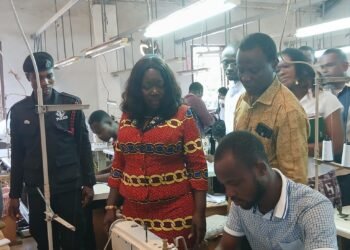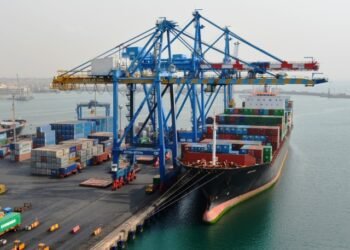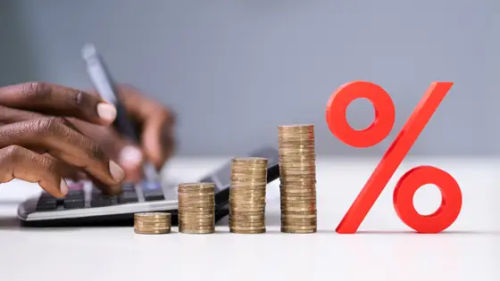Confidence is making a comeback in Ghana’s business scene, with many companies and investors feeling more hopeful about the future.
According to the Chief Executive Officer of the Association of Ghana Industries (AGI), Seth Twum-Akwaboah, the past six months have brought a measurable improvement in sentiment, driven by economic stability measures and government interventions aimed at rebuilding trust and stimulating growth.
“Over the last six months, we’ve observed a notable boost in confidence among businesses and investors. There’s still work to be done, but the signs are encouraging.”
Seth Twum-Akwaboah
His observations reflect the growing sense that Ghana is turning the corner after a turbulent period marked by currency volatility, inflationary pressures, and dampened investment appetite. Improved macroeconomic indicators—including relative stability of the cedi, easing inflation, and gradual recovery in key sectors—have started to restore optimism within the business community.
This renewed confidence is essential for driving job creation, supporting innovation, and laying the groundwork for sustained economic growth. For many entrepreneurs and investors, the current climate signals the possibility of a more predictable operating environment in the months ahead.
The Role of Policy Consistency and Collaboration
Mr. Twum-Akwaboah attributed the upswing in confidence not only to macroeconomic improvements but also to better policy consistency and constructive engagement between the public and private sectors.
In recent months, the government has stepped up consultations with business associations, industry leaders, and investors, creating platforms to share insights and address challenges in real-time. This collaborative approach has helped reduce uncertainty and enabled companies to plan more effectively.
According to the AGI CEO, continued dialogue is critical to ensuring policies remain responsive to the needs of local businesses. He stressed that maintaining an open channel between the private sector and policymakers will be instrumental in sustaining the momentum that has begun to build.
Remaining Challenges and the Need for Reform
While the improvements are welcome, Mr. Twum-Akwaboah was quick to caution that several structural challenges still constrain business growth.
Chief among these are high production costs, limited access to affordable credit, and bureaucratic delays that often frustrate entrepreneurs and investors alike. “Sustaining this confidence will require continuous improvement in the business environment and stronger support for local industry,” he noted.
Addressing these issues will be essential to consolidate the gains made so far. Reducing production costs, streamlining regulatory processes, and improving access to finance can help unlock the full potential of Ghanaian enterprises, particularly small and medium-sized businesses that form the backbone of the economy.
The AGI has emphasized the importance of promoting manufacturing, value addition, and innovation as core strategies for strengthening Ghana’s industrial base.
Mr. Twum-Akwaboah called for more deliberate policies that encourage industrialization, help businesses move up the value chain, and create more resilient supply networks. “With targeted support for manufacturing and innovation, we can build a stronger, more competitive industrial sector that drives sustainable growth and job creation,” he said.
This focus aligns with Ghana’s broader economic agenda, which aims to diversify exports, reduce reliance on raw commodity trade, and attract higher levels of foreign direct investment.
As Ghana works to accelerate economic recovery, the gradual return of confidence among investors and business leaders is an encouraging development. However, translating this optimism into lasting progress will require determined action to tackle persistent obstacles and nurture an enabling environment where businesses can thrive.
READ ALSO: Public Voice Consequential in Ghana’s Fuel Levy Rollout























